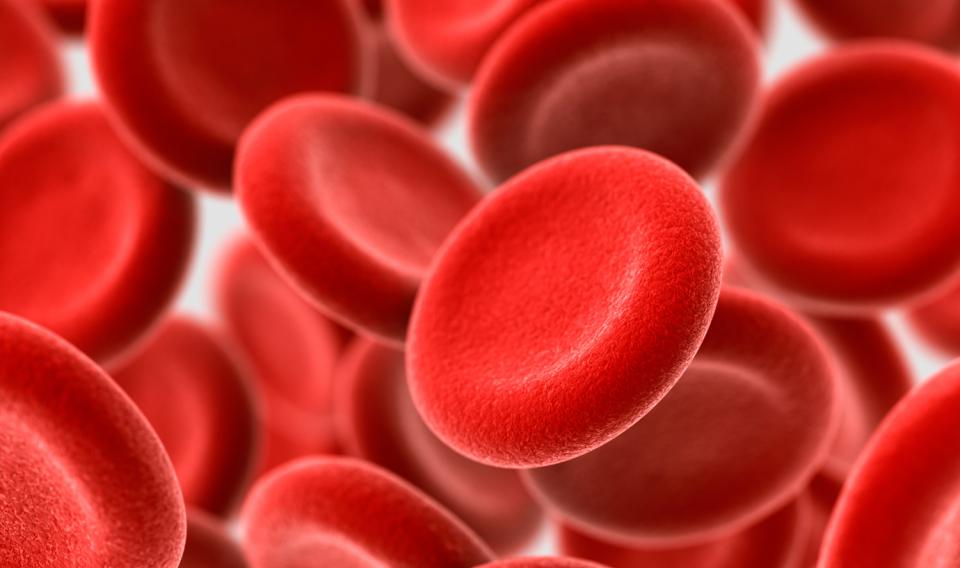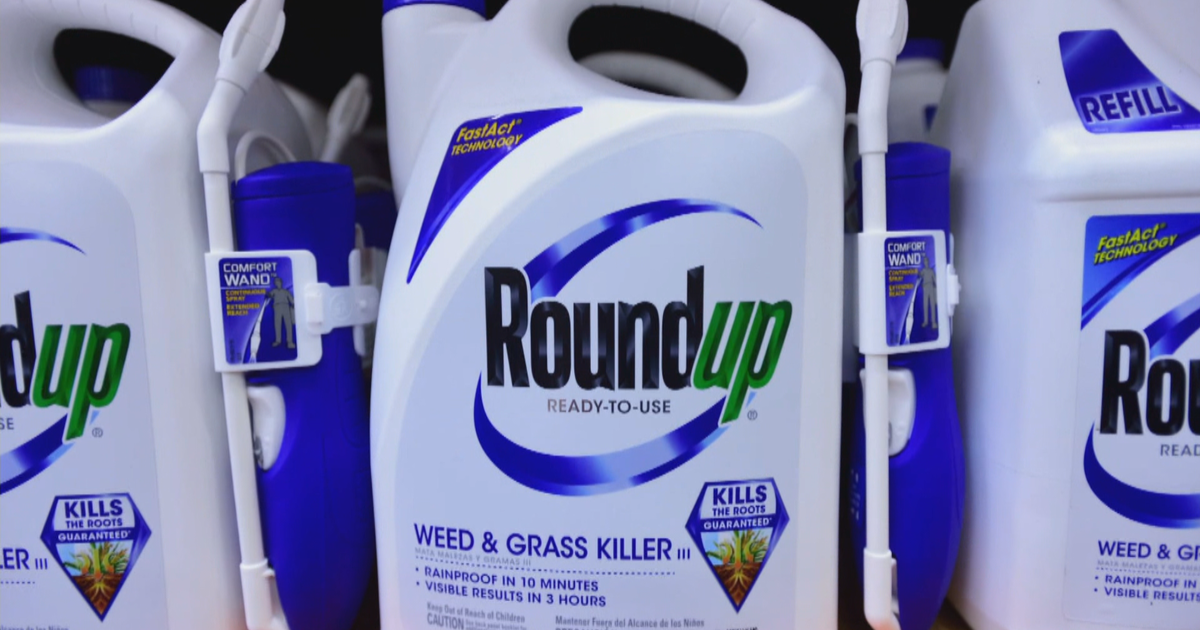Pooler, a city near Savannah/Hilton Head International Airport, has a McDonald’s problem.
Earlier today, September 8, a Florida woman died and nine others were sickened after breathing toxic fumes in the bathroom of a McDonald’s restaurant in south Georgia.
Pooler police Chief Mark Revenew said Anne Felton of Ponte Verda, Fla., died early Thursday. She and her husband were customers at the McDonalds fast food restaurant. An autopsy will be conducted to determine the cause of death to determine what fumes 80 year-old Felton inhaled.
Felton was one of ten taken to the hospital Wednesday after firefighters found two customers unconscious inside a restaurant bathroom and others struggling to breathe. Eight were treated and released and two were admitted for treatment.
Authorities said Wednesday they suspected cleaning chemicals in the restroom were to blame, but the cause was still under investigation.
“We continue to work with the local authorities to collect more information about what may have happened,” John and Monique Palamccio, the McDonald’s franchisees who own the restaurant, said in a statement.
The restaurant was evacuated but McDonald’s later said the restaurant had reopened after authorities deemed it safe.
Other Environmental & Toxic Torts News
Toxic torts arise when individuals are harmed by exposure to dangerous chemicals or substances—whether at work, at home, or through environmental pollution. Victims may be entitled to compensation for their suffering.
Childers, Schlueter & Smith partnered with Living Safer Magazine to publish a special issue focused on Camp Lejeune water contamination lawsuits. This edition outlines who qualifies to file a claim, what illnesses are linked to exposure, and how recent legislation—like the PACT Act—made these cases possible.
Researchers examining data from individuals with the highest exposure to glyphosate—the active ingredient in Roundup—found a “compelling link” between that exposure and an increased risk of developing non-Hodgkin lymphoma.
A California jury awarded a couple $2 billion in punitive damages—along with $55 million for pain, suffering, and medical costs—after finding that their prolonged exposure to the weed killer Roundup caused them to develop non-Hodgkin lymphoma.
Exposure to Roundup, the widely used herbicide manufactured by Monsanto, has been linked to hundreds of lawsuits alleging it causes non-Hodgkin lymphoma.
Syngenta faces the first of thousands of lawsuits, with Kansas farmers alleging the company’s premature release of GMO corn caused billions in losses.







